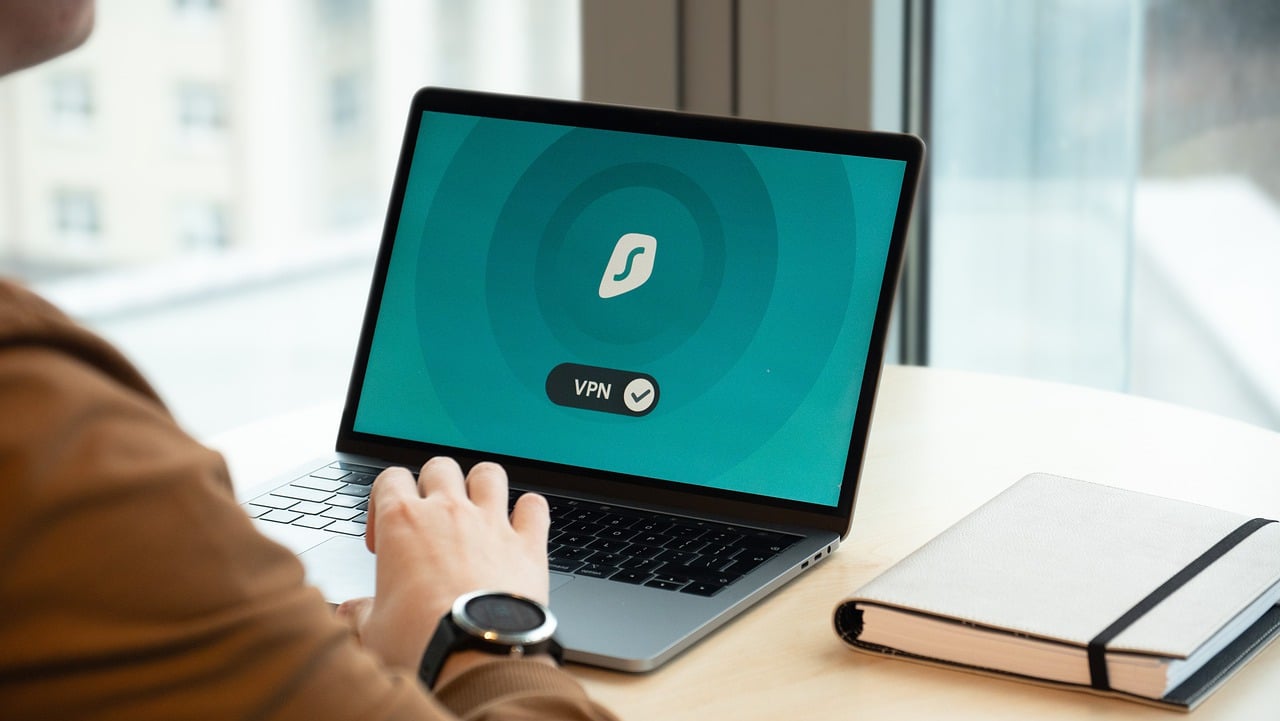 People are the first and last line of defense against hacking, so creating a solid cybersecurity culture among your employees is key to enabling secure remote work. Even after the pandemic, ensuring cybersecure distributed access will remain a big piece of endpoint protection and should be included within your business strategy into the future. Digital transformation has made networked IT infrastructures an increasingly integrated part of growth, and capturing your ROI on technology requires having the right cyber expertise at your disposal.
People are the first and last line of defense against hacking, so creating a solid cybersecurity culture among your employees is key to enabling secure remote work. Even after the pandemic, ensuring cybersecure distributed access will remain a big piece of endpoint protection and should be included within your business strategy into the future. Digital transformation has made networked IT infrastructures an increasingly integrated part of growth, and capturing your ROI on technology requires having the right cyber expertise at your disposal.
Here are three ways to help create a cybersecurity culture for your business, including to secure remote work:
Building User Security Around the SOC
A security operations center (SOC) is a fully staffed cyber defense and network monitoring unit that directly hunts for malicious activity within your system. Leveraging knowledge of hacker footprints and insider threat profiles, a smart SOC can help your business identify every cyber risk that falls through the cracks of your base level protections. It also enables you to supplement technology with real-time human intelligence that can spot attackers trying to exploit automated firewall solutions and permission-based controls.
Deploying this operative component gives you the ability to proactively plan for user security, with dedicated network observers working off of established patterns to highlight anomalies. This practice helps to emphasize bad habits as well, which can create vulnerabilities in your system. With insight delivered by a comprehensive SOC as a service solution, your business can start building your cybersecurity culture around addressing consistent employee weaknesses.
Reinforce Employee Cybersecurity Culture During Remote Work
Speaking of bad security habits, studies found that quite a few have been amplified by the shift to the new normal for COVID-19, with half of remote workers sacrificing protection for productivity. Expanded workloads, home distractions and other pandemic stressors are contributing to this lack of focus and diminishing efforts of establishing a cybersecurity work culture. Even after coronavirus, a lot of business will be conducted through distributed endpoints with mobile devices and home networks, so reinforcing protections for telecommuters and remote access is a must.
The tiniest overlooked detail can create a vulnerability, which is likely why so many cyber attack victims can claim to have never expected being breached. The research shows there are an excess of employees who believe they will never be targets – and that reinforcing vigilance and discipline needs to be emphasized alongside education.
Making Cyber Training Personal While Working from Home
To combat the potentially dangerous mindset mentioned above, your business needs to implement cybersecurity training that is academically and emotionally accessible for your employees. That means that it must be able to communicate the details needed to fight hacking and cyber fraud without getting too technical, and be able to speak to personal scenarios. To ensure users are protecting the company’s data effectively, their individual security needs to be mapped out as it ties into their daily role activities, as well as how a breach could impact them.
Cyber education, like most instruction, is only retained as well as it reflects the instructed’s own world and how the subject matter affects their lives. Your cybersecurity training program consequently should not be a pedantic, standardized course, but a dynamic and proactive solution that keeps employees engaged and able to instantly spot red flags like muscle memory.
Develop Your Remote Security Strategy Around SWK’s SOC
The responsibility of internal user security conditioning falls upon your business, but you don’t have to approach this gargantuan task alone. SWK can provide insight and instruction through our SOC service, as well as 24x7x365 monitoring to keep you protected around the clock.
Contact SWK Technologies to learn more about engaging SWK’s SOC and how to leverage it to develop a cybersecurity culture for your company.

